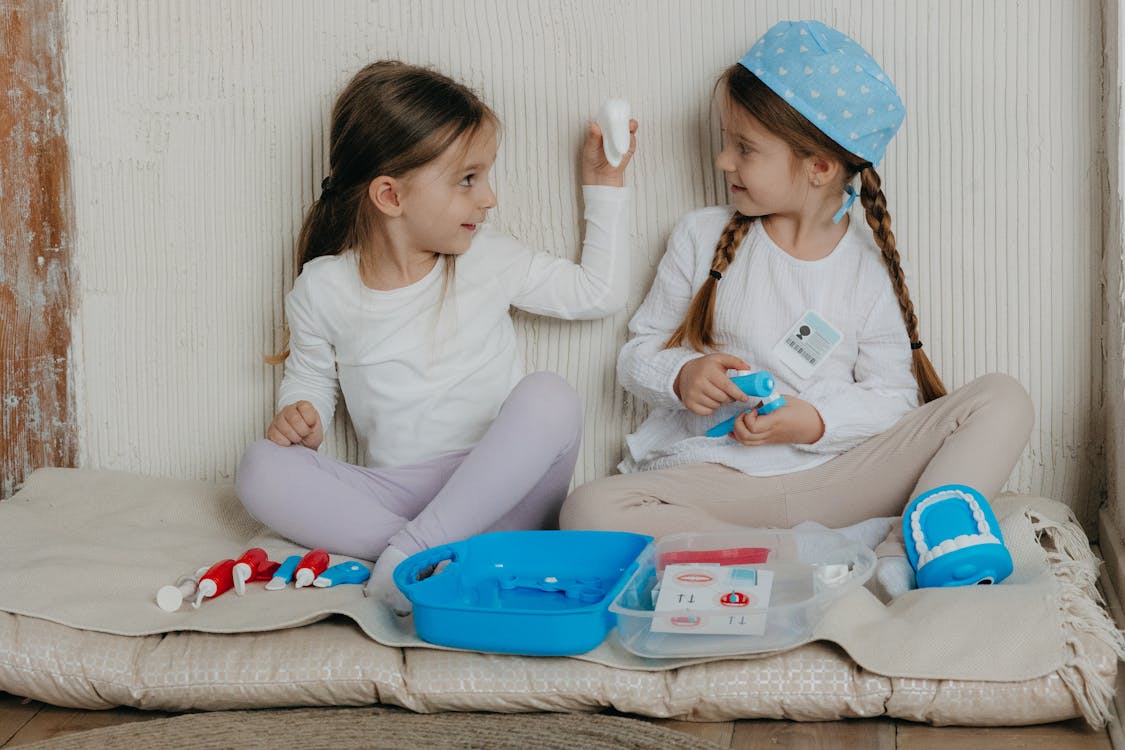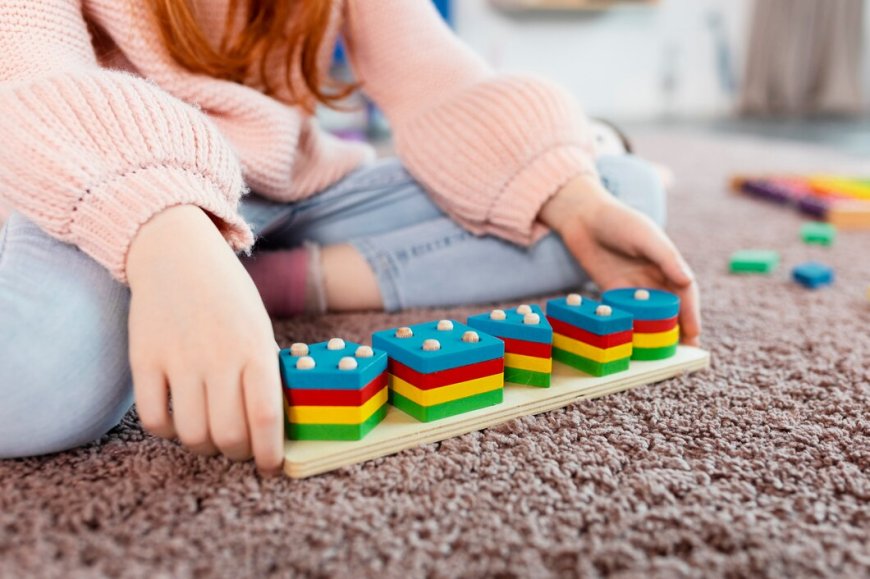Why Play Matters More Than You Think
Cognitive Development: Building Blocks of Learning
Play is a fundamental aspect of cognitive development in early childhood education. Through play, children develop essential skills such as problem-solving, critical thinking, and creativity. For instance, when children engage in building blocks or puzzles, they learn about spatial relationships, shapes, and sizes. These activities lay the groundwork for more complex mathematical and scientific concepts.
Cognitive Skills Developed Through Play
|
Type of Play
|
Cognitive Skills Developed
|
|---|---|
|
Building Blocks
|
Spatial awareness, problem-solving
|
|
Puzzles
|
Critical thinking, pattern recognition
|
|
Role-playing
|
Language development, social understanding
|
Social Skills: Learning to Play Well with Others
Social skills are another crucial area where play has a significant impact. Through interactive play, children learn how to communicate, share, and collaborate with others. These skills are essential for forming healthy relationships and functioning effectively in a group setting. For example, games that require teamwork teach children the importance of cooperation and empathy.
Emotional Development: The Heart of Play
Play also plays a vital role in emotional development. It provides children with a safe space to express their feelings and learn how to manage emotions. Activities like role-playing allow children to explore different emotional scenarios, helping them understand and cope with various feelings. This emotional intelligence is crucial for overall well-being and mental health.

Types of Play and Their Educational Benefits
Free Play: The Freedom to Explore
Free play, where children have the autonomy to choose their activities, is essential for fostering creativity and independence. This type of play allows children to explore their interests and develop a sense of self. It also encourages problem-solving and decision-making skills, as children navigate their play environment.
Structured Play: Guided Learning
Structured play, on the other hand, involves activities that are guided by an adult or follow specific rules. This type of play is beneficial for teaching children how to follow instructions and understand boundaries. Structured play activities, such as board games or sports, also help in developing fine motor skills and hand-eye coordination.
Outdoor Play: Nature as a Classroom
Outdoor play offers unique educational benefits that indoor activities cannot provide. Being in nature stimulates children's senses and encourages physical activity, which is essential for overall health. Outdoor play also promotes environmental awareness and a sense of adventure.
The Role of Educators and Parents
Educators: Facilitators of Play
Educators play a crucial role in integrating play into the curriculum. They can create a balanced environment that includes both free and structured play. By observing children during play, educators can gain insights into their developmental needs and tailor activities accordingly.
Parents: Partners in Play
Parents are equally important in supporting play at home. Simple activities like reading together, playing board games, or even cooking can be educational. Parents should encourage a variety of play activities to ensure a well-rounded development.

Challenges and Solutions
Screen Time: A Double-Edged Sword
In today's digital age, screen time is a significant challenge. While educational apps and games can be beneficial, excessive screen time can hinder physical and social development. It's essential to strike a balance and ensure that screen time does not replace active play.
Safety Concerns: Creating a Safe Play Environment
Safety is another concern that can limit play opportunities. Parents and educators must ensure that play environments are safe and free from hazards. This includes regular checks of playground equipment and providing age-appropriate toys.
FAQs
Q: How does play contribute to cognitive development?
A: Play helps in developing problem-solving skills, critical thinking, and creativity. Activities like building blocks and puzzles are particularly beneficial.
Q: What are the benefits of outdoor play?
A: Outdoor play promotes physical activity, stimulates the senses, and encourages environmental awareness.
Q: How can parents support play at home?
Q: What is the role of educators in play?
A: Educators facilitate play by creating a balanced environment that includes both free and structured play, tailored to the developmental needs of the children.
Q: How can we balance screen time and active play?
A: It's essential to set limits on screen time and ensure it does not replace active play. Encouraging a variety of activities can help achieve this balance.
